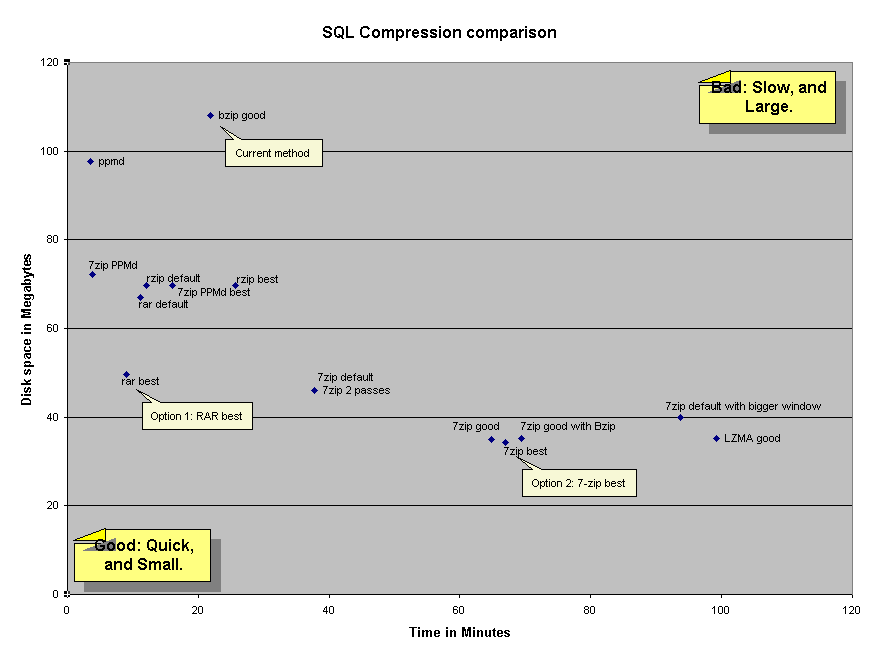Evan Prodromou has talked and presented previously about the Commercialisation of wikis (good round-up here, slides here). He identifies four different wiki business models:
- Service provider (Wikispaces, Wetpaint, PBWiki) [business model: either supported by ads, e.g. Google ads, or charge for hosting the wiki]
- Content hosting (wikiHow, Wikitravel, Wikia) [business model: mostly advertising, e.g. Google ads]
- Consulting (Socialtext) [business model: supported by income from wiki consulting for enterprises]
- Content development (WikiBiz) [business model: create pages for a fee]
The reason I bring this up is that a couple of weeks ago I started doing some work for a wiki-based start-up, that is trying to work out a different business model to the above, but also based on wikis.
This model would financially reward people who contributed to the wiki, with a share of profits from the business. A proportion of revenue generated would be set aside, with the purpose of rewarding people who usefully participated in the wiki, and added some value to the wiki (either as users, or administrators, or as programmers). The revenue would come from selling things directly through a website associated with the wiki (as opposed to hosting other people’s ads). The wiki would drive traffic, and the direct sales would generate revenue. They’re essentially trying to work out a structure that would share the rewards based on contributions to a wiki. In addition to this, the content would probably be free content (most probably licensed under either Creative Commons or GFDL).
So for example, suppose hypothetically the Star Wars Wookieepedia had a shop associated with it that sold Star Wars merchandise and doo-dads. People would go to wiki because it had good content, and whilst there they might buy a trinket. Part of the reason they bought that trinket, was because the wiki had good content to make them come there and find the associated shop in the first place. So essentially the two things support each other – the things being sold are relevant to the wiki, and the part of the profit from the things being sold goes to support the people who made a kick-ass wiki.
The question is: How do you structure this so that it works, and so that, as well as being free content, as well as being part of a community of wiki users, so that people who contribute good content are also financially rewarded somehow if the site is successful? After all, it’s the users who generate the content, so if it’s a for-profit endeavour, why shouldn’t they also share in the reward if it does well?
Working out how to reward, and who to reward, though is quite tricky. Any system should be fair, and transparent. One possibility would be to have a requirement that users be logged in (so from the article history you know who made which edits), that they have an email address (so that you can contact them), that they have at least 100 edits (probably not much point bothering below a certain number of edits), that they not be blocked (since if there were blocked, they probably did something destructive). Then you could use a blamemap or something like IBM’s history flow tool, to work out which user was directly responsible for what percentage of the current content in any given article. And you could multiply this by some metric based on how valuable a page was (e.g. number of page views, or number of sales in the shop that originated from that page). Repeat for every page on the wiki, and then you can work out what percentage each user contributed to each part of the wiki, and any share of profits could be proportional to that number. At least, that is one possible model.
So my question is this: Do you think this model could work? If yes, why? If not, why not? Could it be improved? If so, how? Could it be simplified? Or is there a better model – preferably something other than Google ads?

